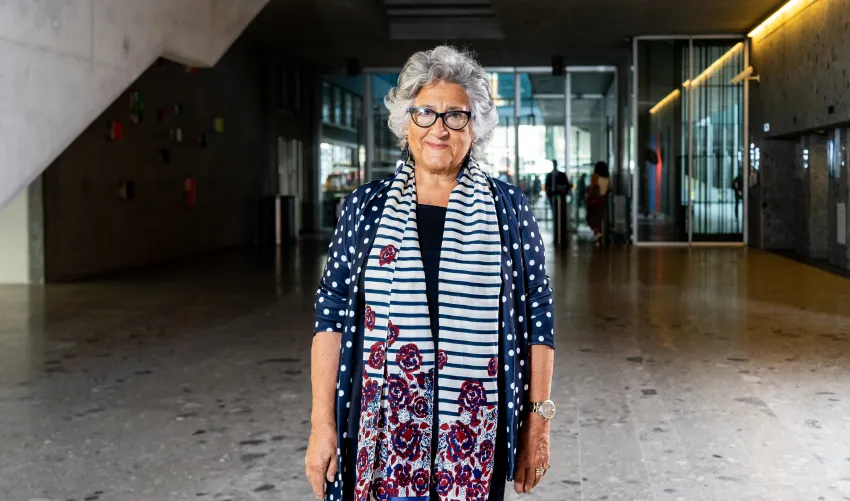
Acme, creative managers are trained here
"A program with a great thinking contamination over various disciplines". This, according to Magda Antonioli, professor at the Department of Social and Political Sciences of Bocconi University and director of the Master of Science in Economics and Management in Arts, Culture, Media and Entertainment, is one of the main peculiarities of the program - in a word it is called "multidisciplinarity". A program among the most characterized among those of the University's educational offer and which is the natural continuation of CLEACC (program in Economics and Management for Art, Culture and Communication), from which a large part of the students come: "But not only from there," specifies Magda Antonioli, also from abroad and "many from the other Bocconi programs, or from humanistic or legal studies." The goal, continues the director, "is to train graduates interested in a national or international career in the fields of cultural and creative industry of the economy such as visual and performing arts, entertainment, cinema, media, publishing, entertainment, tourism, fashion, design and luxury. In recent decades these sectors have had, and continue to have, a central role in the economic development of various countries and of Italy in particular for their ability to produce economic value and to improve its attractiveness."
These are students who during their training receive a set of useful tools to read a complex but contemporary world, with a mind open to future challenges. "ACME members will carry out management studies but also sociological, political, philosophical analysis", continues Antonioli, "they will learn to have 'leadership' and to work in complex teams and to perfect a critical pensiero. Their career will take place in cultural institutions, museums, cinemas, festivals, auction houses, tourism, fashion, publishing, but also within foundations, banks and public administration that will be supporting projects in the field of creative sectors and implementing policy interventions. Indeed, a very important characteristic is precisely the ability to dialogue with various artists and experts who often speak different languages". With what functions? "Especially in programming, personnel management, marketing, event organization and fundraising," says Magda Antonioli.
Modern managers who will have to combine classic managerial skills with new ones required by changing times: "Alongside more traditional subjects, such as budgeting and project management, we will also find, for example, data analysis and transversal skills: the managers of the future will have to be able to move between technology and soft skills. We will train professionals who combine technological and humanistic skills and we will help them in their journey also through close contact with stakeholders, with the presence during the lessons of numerous testimonials."